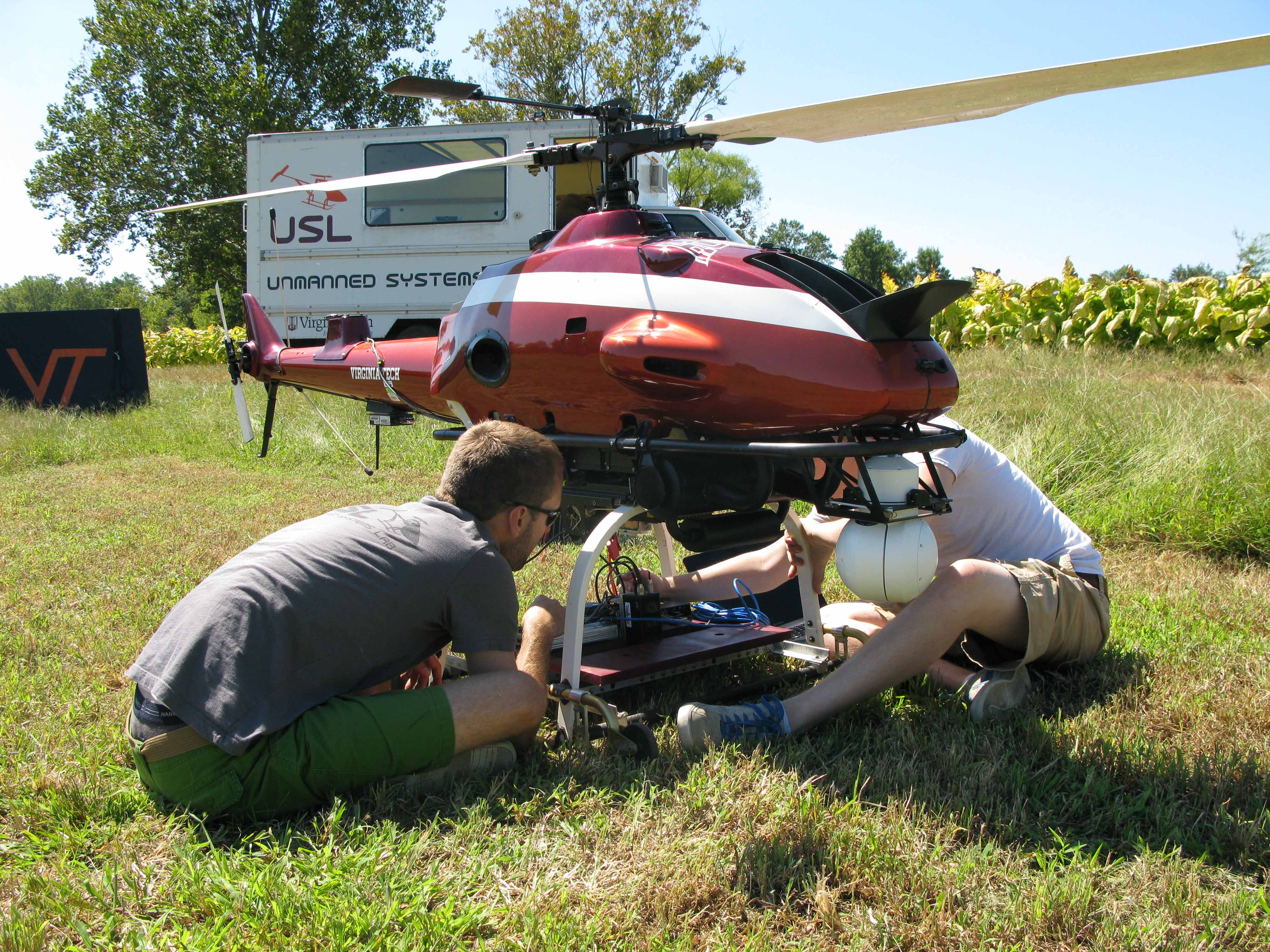Virginia, New Jersey, Maryland join to support FAA unmanned aircraft systems effort

The three mid-Atlantic states of New Jersey, Maryland, and Virginia and their leading research universities have signed an agreement stating they will work collaboratively toward supporting the Federal Aviation Administration’s (FAA) research and testing efforts aimed at integrating unmanned aircraft systems (UAS) into the national airspace system.
The states’ proposals were submitted to the FAA by the University System of Maryland and the Mid-Atlantic Aviation Partnership, representing the combined resources of New Jersey and Virginia, with Rutgers University and Virginia Tech participating in the effort.
The FAA Modernization and Reform Act of 2012 enacted by Congress calls for establishing six unmanned aircraft system research and testing sites in the U.S. While a vast percentage of the work conducted to date has been accomplished under defense programs, future work on the integration of UAS into the national airspace will be implemented through a combination of federal, state, and local government resources, academic institutions, and industry and aviation assets.
As a result, an $89 billion commercial industry is expected to flourish over the next 10 years.
The final proposals were submitted to the FAA in May, with decisions on siting the flight centers expected to be made before Dec. 31, 2013.
“The combined resources of the mid-Atlantic state applicants represent a majority share of the UAS research and testing assets in the United States,” said Patrick O’Shea, vice president for research at the University of Maryland College Park, the state’s flagship campus. “As a collaborative unit, our significant resources offer tremendous opportunity to satisfy the efforts envisioned by the FAA and the larger UAS community related to this important project.”
“The real strength of our combined efforts is in our technical approach as a team. Between our university facilities, our NASA and DoD [Department of Defense] installations, and our industry and airport partners, we have a high caliber team that has been involved in this work for decades,” said Robert Walters, vice president of research at Virginia Tech. “Being able to bring that capability to the table without having to form those relationships will save time and money, and produce a better outcome for all of us.”
The submitted proposals address all of the research and testing environments required by the FAA. The mid-Atlantic region contains both uncongested and restricted airspace, as well as proximity to shared air routes and corridors to allow a crawl-walk-run approach to UAS integration. The region also presents all the challenges of land and water domains, as well as the continuum of sea-level to high altitude operations. A significant interest in the application of UAS technology is present in the region, as well, since all three states have a large presence in the agriculture industry, one of the largest projected markets for UAS.
According to Thomas N. Farris, dean of the School of Engineering at Rutgers, The State University of New Jersey, “The mid-Atlantic region has played a predominant role geographically and commercially throughout the first hundred years of manned aircraft flight research. Coupled with the strength of our three universities’ ongoing collaboration and demonstrated capabilities over the past three decades within the realm of unmanned systems, we as a regional partner group are well-positioned to ensure the safe and efficient integration of UAS into our nation’s skies.”
The three states' governors — Gov. Martin O'Malley of Maryland, Gov. Chris Christie of New Jersey, and Gov. Robert F. McDonnell of Virginia — expressed their commitment to jointly support the FAA UAS test site infrastructure in a letter to the Department of Transportation and the FAA.
Dedicated to its motto, Ut Prosim (That I May Serve), Virginia Tech takes a hands-on, engaging approach to education, preparing scholars to be leaders in their fields and communities. As the commonwealth’s most comprehensive university and its leading research institution, Virginia Tech offers 240 undergraduate and graduate degree programs to more than 31,000 students and manages a research portfolio of $513 million. The university fulfills its land-grant mission of transforming knowledge to practice through technological leadership and by fueling economic growth and job creation locally, regionally, and across Virginia.




